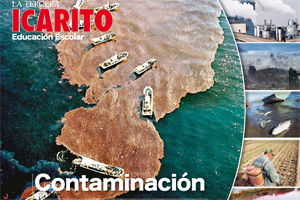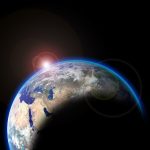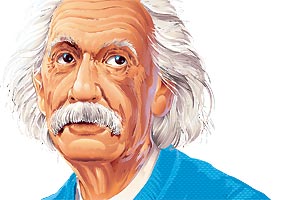Pollution
– Pollution is defined as the transfer of pollutants or toxic gases into the air, soil and water, and also the presence of microbial germs that come from the waste products of different human activities.
– Pollutants are toxic substances that alter the original conditions of ecosystems and damage organisms once they reach high concentrations in the environment.
– The main causes of pollution are: the burning of fossil fuels and residues emitted by industries, transport and agricultural activities.
City, country and marine pollution
– In urban areas, pollution is produced mainly by the emission of toxic gases, the extensive production of household and industrial garbage, sewage, and other variables.
– Photochemical smog is a dense layer that is produced when nitrogen oxide reacts in the presence of sunlight, producing a mix of gasses such as tropospheric ozone.
– Noise pollution is an excess of sound that affects concentration, productivity, rest and communication, and on some occasions causes irreparable auditory damage, such as deafness.
– The main causes of pollution in the country are: pesticides, herbicides, fertilizers, deforestation, desertification and erosion.
– Some sources of marine pollution are: oil spills, industrial waste, red tide and others.
Consequences of and measures for controlling pollution.
– Some of the consequences of pollution are: direct effects on health, ecosystem deterioration and the greenhouse effect.
– Control methods for pollution that are known as the Three Rs are: reduce, reuse and recycle.
– Among the priorities of the National Commission on the Environment (CONOMA) are recovering air quality in Santiago and in the communes located in the surroundings of mines.





 Muere Albert Einstein
Muere Albert Einstein